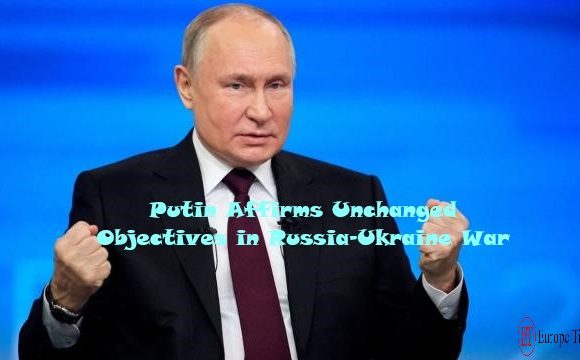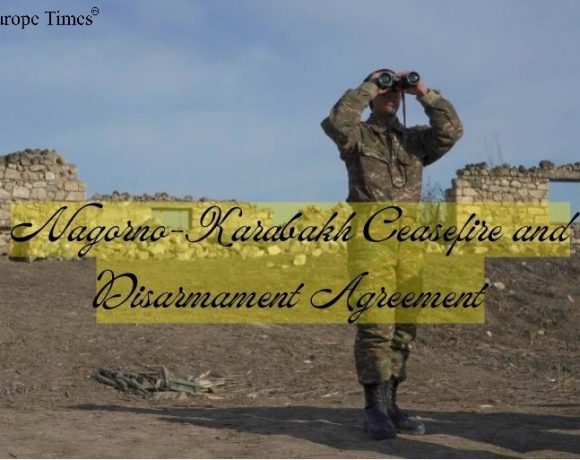
Russian President Vladimir Putin, during his first major news conference since launching a full-scale invasion of Ukraine in February 2022, stated that peace with Ukraine would only happen when Russia achieves its objectives.
He combined the event with his annual “direct line” phone-in and discussed the “special military operation in Ukraine,” emphasizing Russian sovereignty and a strong economy despite the war. Putin listed the objectives as “denazification, demilitarization, and its neutral status” for Ukraine. He revealed that Russia has 617,000 troops in Ukraine, with additional voluntary recruits, and mentioned losses without providing specific numbers.
Putin addressed Ukraine’s recent military success near the Dnipro River, attributing it to a last-ditch attempt to reach Crimea. He suggested Russian forces withdrew to wooded areas to protect soldiers and claimed Ukraine’s motives were politically driven to seek more military funding from the West. NATO Secretary General Jens Stoltenberg warned that if Putin succeeds in Ukraine, further aggression might follow.
Putin asserted that Russian forces have the upper hand on the front line in Ukraine, despite economic sanctions and political isolation. He expressed confidence in Russia’s ability to “move forward” despite these challenges.
Picture Courtesy: Google/images are subject to copyright

